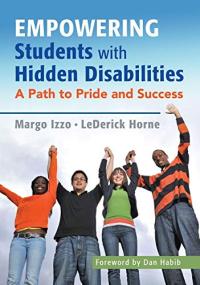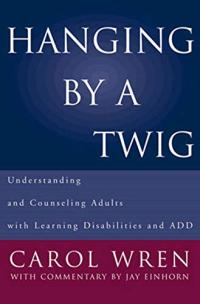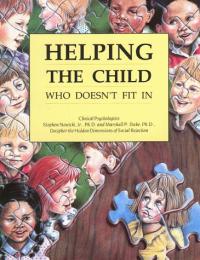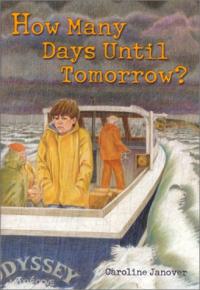
Emotional Intelligence: Why it can matter more than IQ
Everyone knows that high IQ is no guarantee of success, happiness, or virtue, but until Emotional Intelligence, we could only guess why. Daniel Goleman’s brilliant report from the frontiers of psychology and neuroscience offers startling new insight into our “two minds” — the rational and the emotional” — and how they together shape our destiny.








